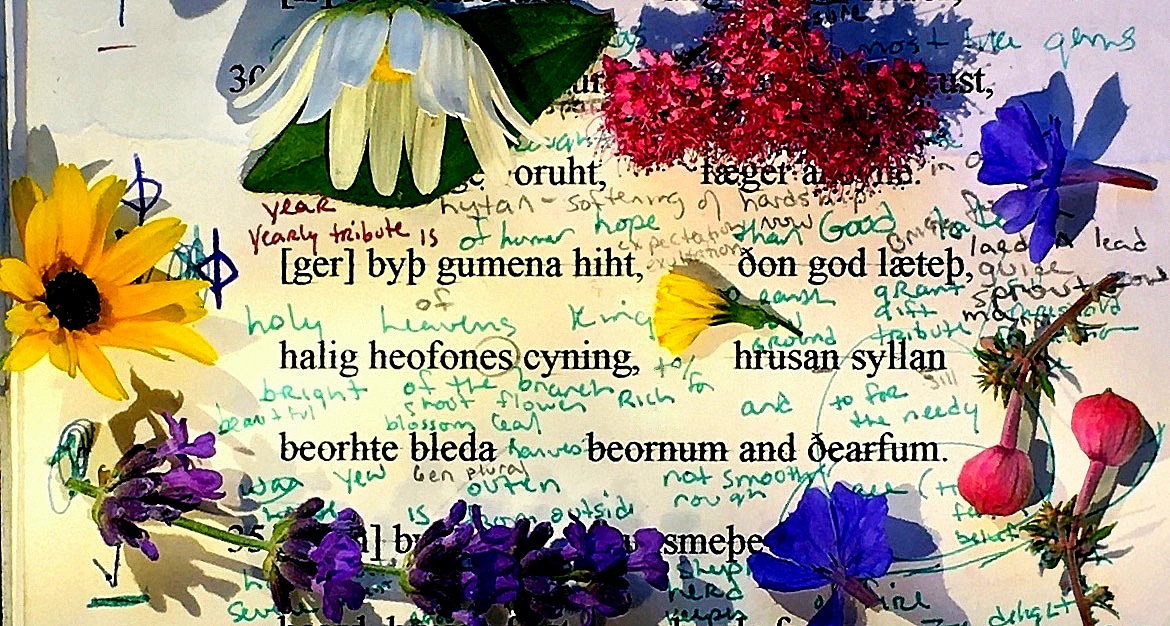 This stanza is about time. Some see it as a specific time, like harvest when the bright bleda (fruits) mentioned are ready for eating. Others translate this as springtime, when bleda, which also means blossoms and green shoots, appear on plants. Which bleda do we want? In Old English poetry, multiple meanings apply. What kind of temporality were the people of the Rune Poem working with? We can look closely anywhere in Old English and see it, but we ought to pay attention here in the Ger stanza to find out how they managed their solar time reckoning at least. The moon is another matter.
This stanza is about time. Some see it as a specific time, like harvest when the bright bleda (fruits) mentioned are ready for eating. Others translate this as springtime, when bleda, which also means blossoms and green shoots, appear on plants. Which bleda do we want? In Old English poetry, multiple meanings apply. What kind of temporality were the people of the Rune Poem working with? We can look closely anywhere in Old English and see it, but we ought to pay attention here in the Ger stanza to find out how they managed their solar time reckoning at least. The moon is another matter.
The name of this rune is ger, year. What is a year? A cycling of the seasons. There is a time when the sun is with us a lot, and then another time after that when it is not, and then when it is again. Time is … More
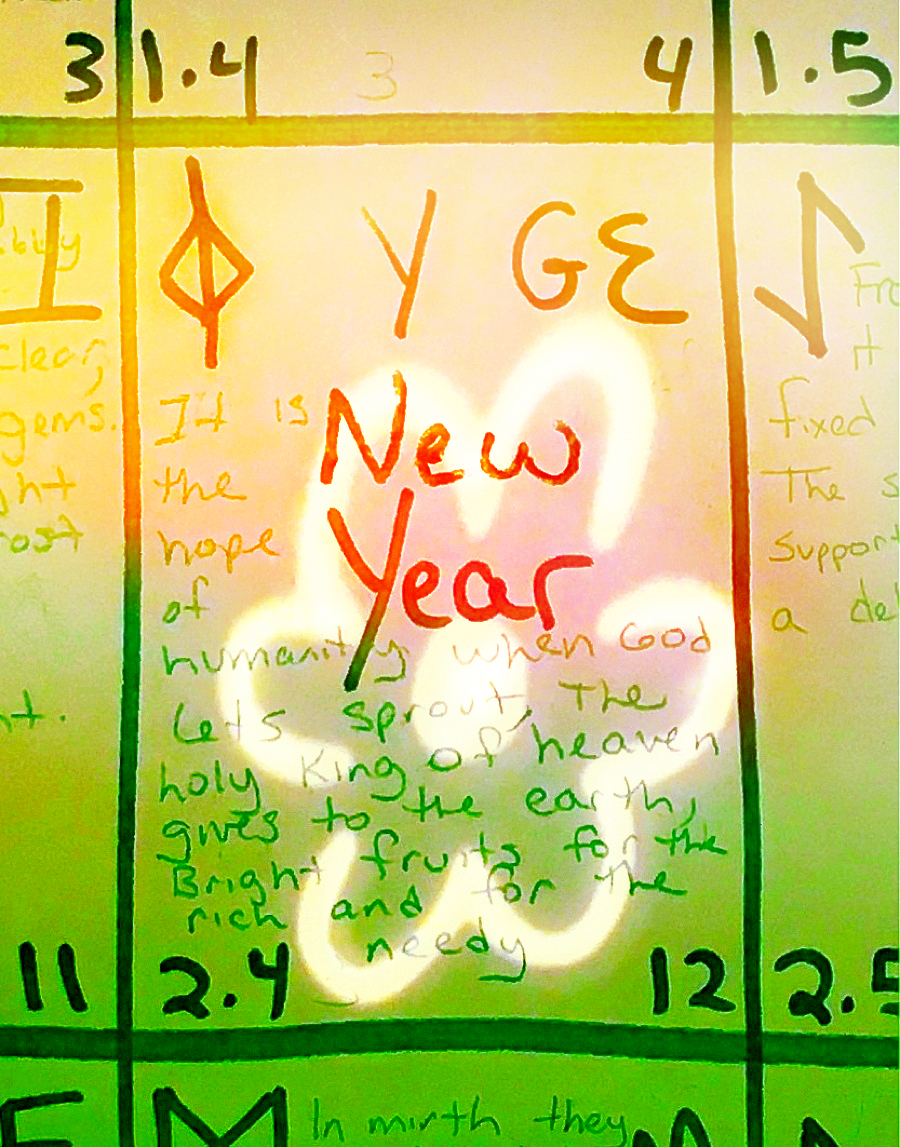
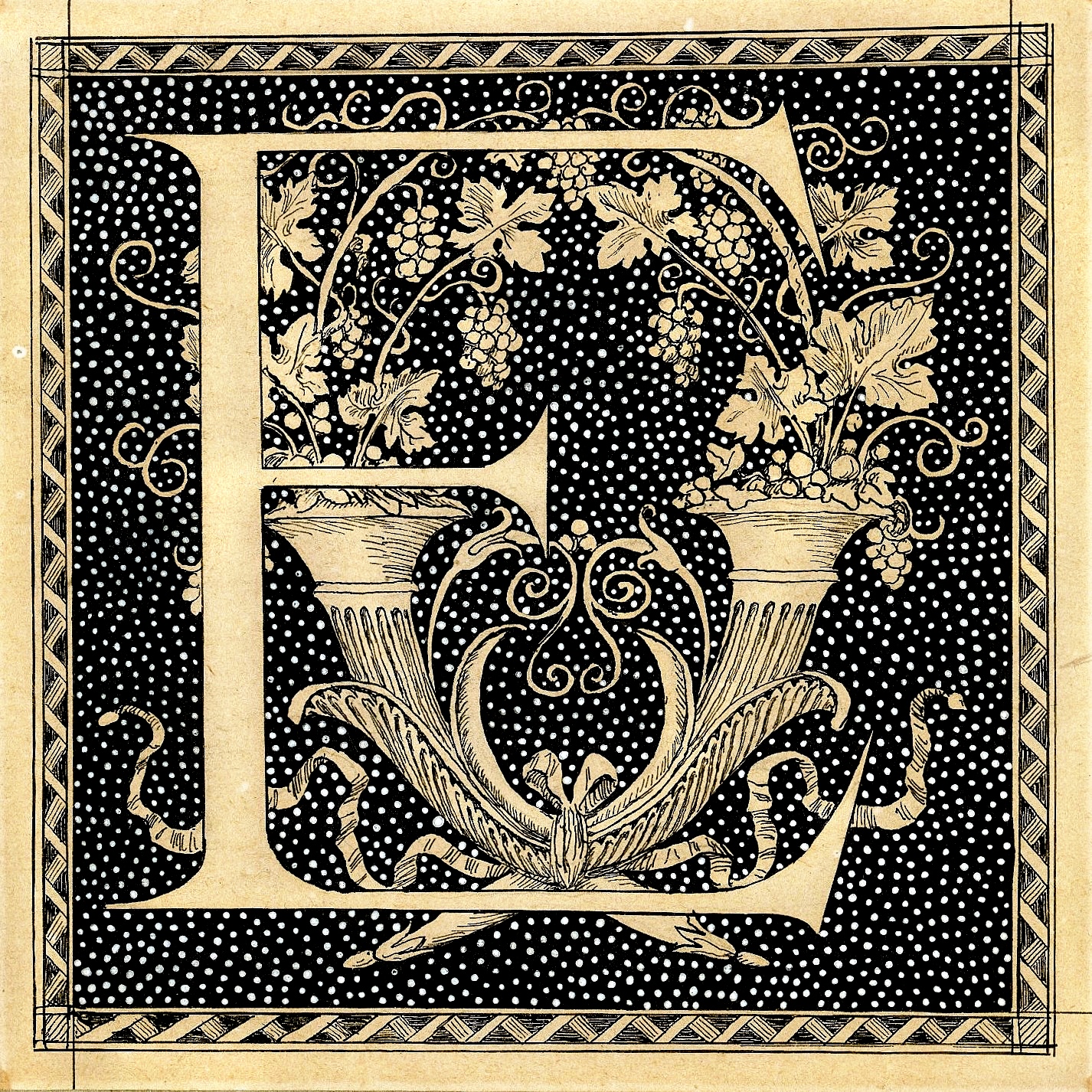


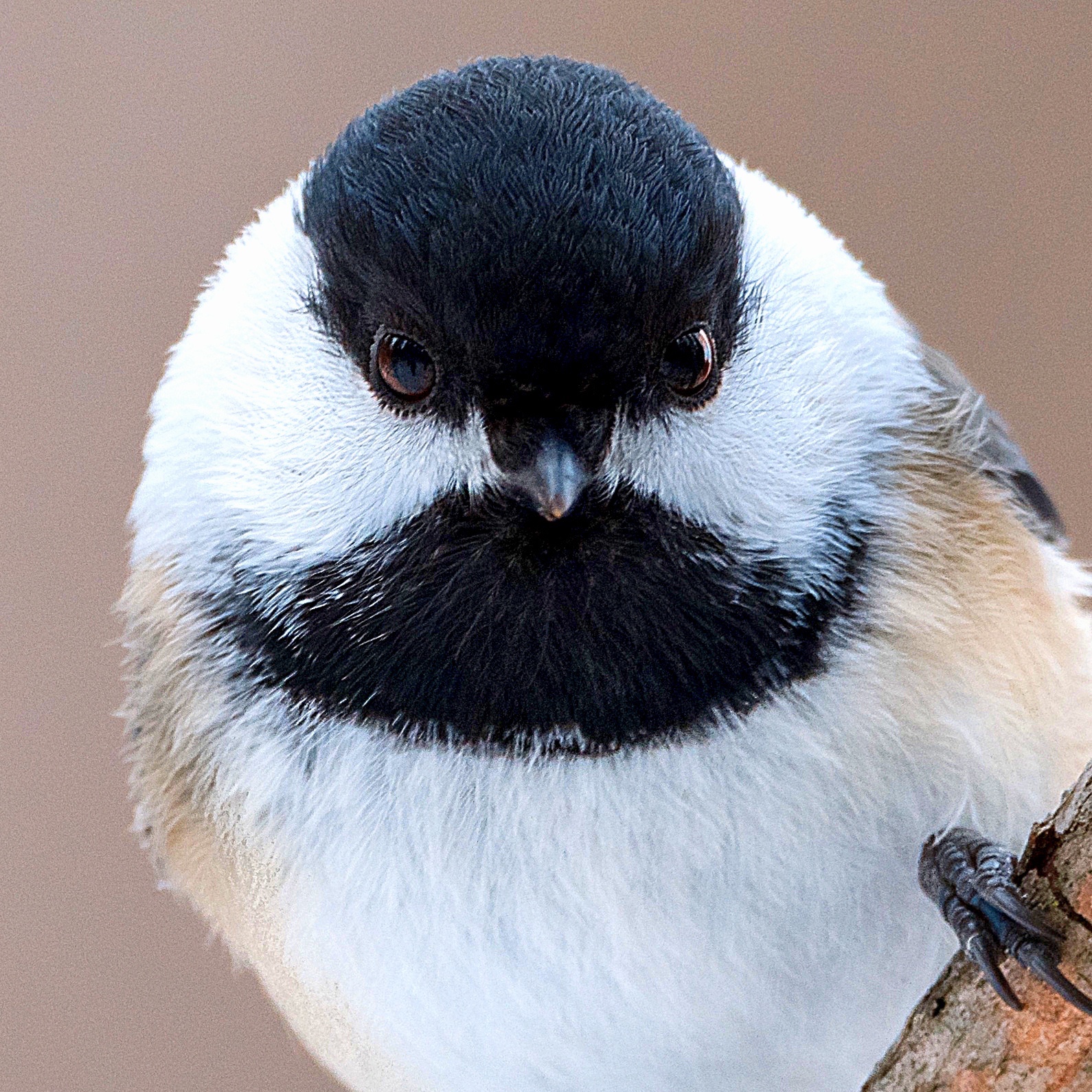
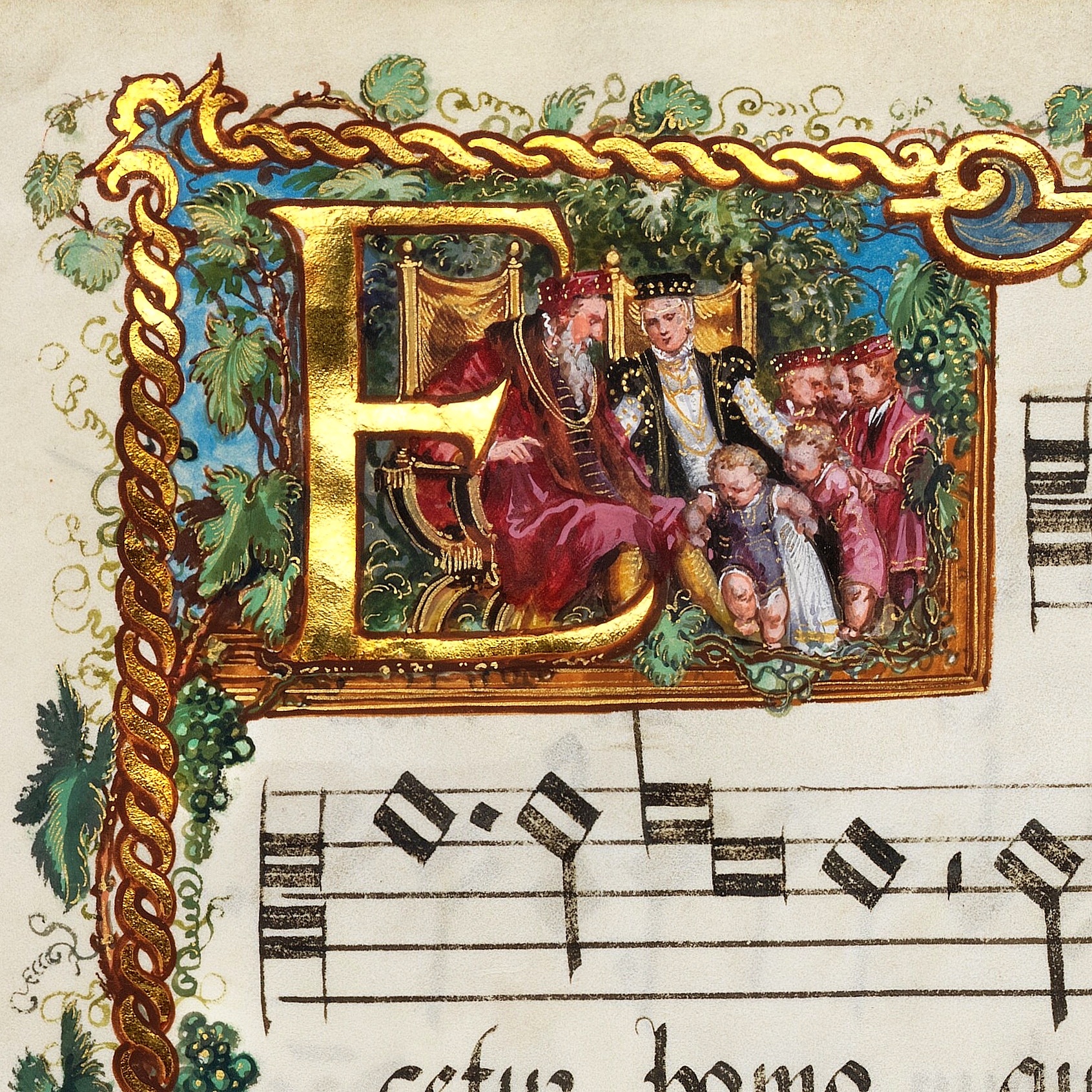
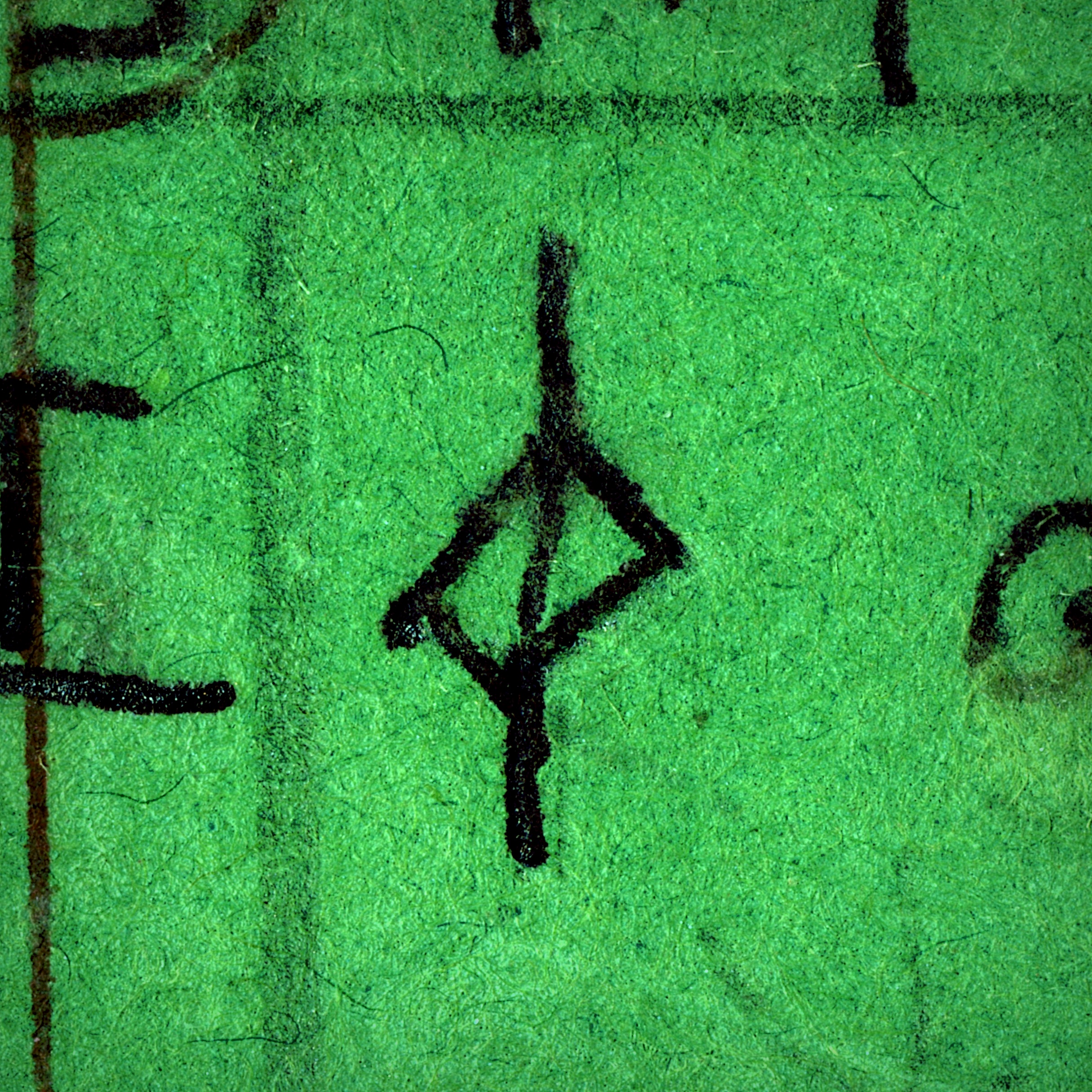 Ger is a little small. Look at it so teeny: ᛄ. You might not be able to see. It’s bigger now, it grew over time, but the poor thing was only half sized once. Sometimes Ger is carved to look like the rune for
Ger is a little small. Look at it so teeny: ᛄ. You might not be able to see. It’s bigger now, it grew over time, but the poor thing was only half sized once. Sometimes Ger is carved to look like the rune for 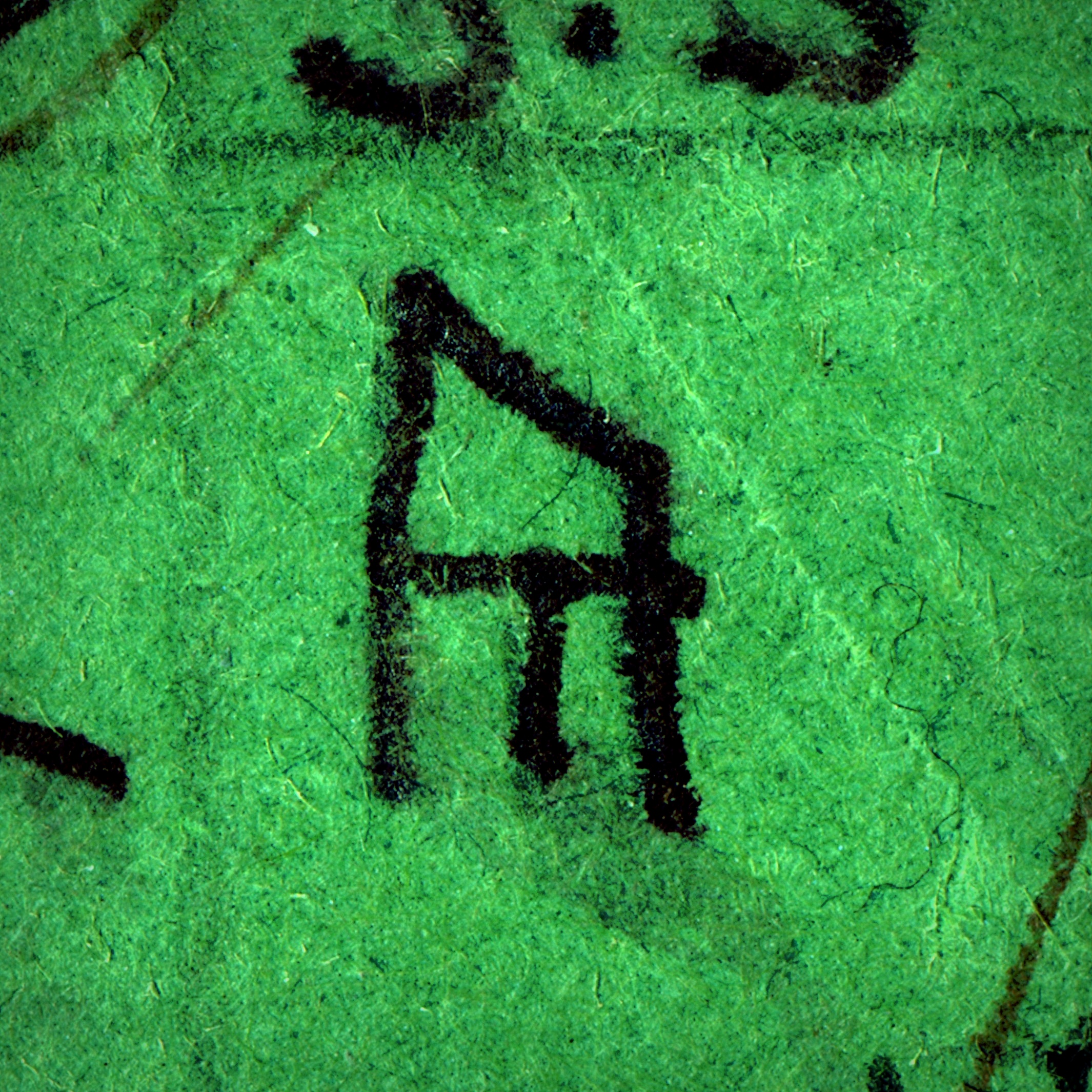 Say something. Go ahead, you heard me, say it and listen to yourself. Now say it about a hundred years ago. Hear it? You can hear it. Different. Speech sounds change. Accents change. You’ve changed. You think you sound the same but go back home after some distance and they’ll tell you different. And they’ll tell it to you differently. English has changed, big time, my God it’s different. It’s old. It’s medieval. Let’s think of a famous medieval person, to see how old. Somebody with a real mark of distinction. Dante. Dante Aligheri. He finished writing the Divine Comedy in 1320. He’s really really old, hundreds of years. Think of this, in this current moment we are closer in years to Dante than he was to the start of Old English. And from the Rune Poem to us he’s
Say something. Go ahead, you heard me, say it and listen to yourself. Now say it about a hundred years ago. Hear it? You can hear it. Different. Speech sounds change. Accents change. You’ve changed. You think you sound the same but go back home after some distance and they’ll tell you different. And they’ll tell it to you differently. English has changed, big time, my God it’s different. It’s old. It’s medieval. Let’s think of a famous medieval person, to see how old. Somebody with a real mark of distinction. Dante. Dante Aligheri. He finished writing the Divine Comedy in 1320. He’s really really old, hundreds of years. Think of this, in this current moment we are closer in years to Dante than he was to the start of Old English. And from the Rune Poem to us he’s 
